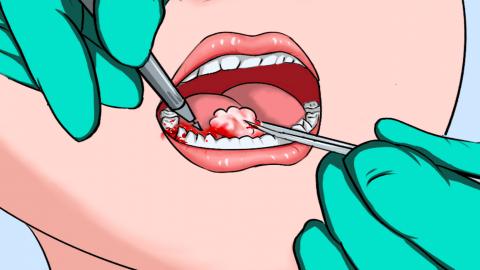Will teeth grow back after being pulled?
After losing baby teeth due to trauma, decay, or other reasons during childhood, new teeth can usually grow back. However, once permanent adult teeth are extracted, they generally cannot naturally regrow. This difference is primarily determined by the growth and development patterns of teeth and the body's physiological mechanisms.

Children begin the tooth-replacement phase around age 6, during which baby teeth gradually fall out. Underneath them, the permanent tooth buds develop and mature within the jawbone before erupting to replace the lost primary teeth. If a child’s baby tooth is extracted normally before or during this transition period and the permanent tooth bud is present with normal development and positioning, the permanent tooth will typically emerge successfully. However, if the permanent tooth bud is congenitally missing or damaged by disease, a new tooth may not grow even after the baby tooth is removed.
In adults, permanent teeth are the final set. Once these teeth are extracted due to severe decay, periodontal disease, trauma, or other causes, there are no further tooth buds stored in the jawbone, eliminating the possibility of natural tooth regeneration. In such cases, missing teeth not only impair normal chewing function but may also lead to tilting of adjacent teeth and over-eruption of opposing teeth, thereby disrupting the occlusal (bite) relationship in the mouth.
Therefore, after losing a permanent tooth, adults should promptly visit the dental department of a reputable medical facility. Based on their oral condition and overall health, they can choose appropriate restorative options—such as dental implants, fixed dental prostheses, or removable dentures—to replace missing teeth, restore normal oral function and occlusion, and maintain long-term oral health.




